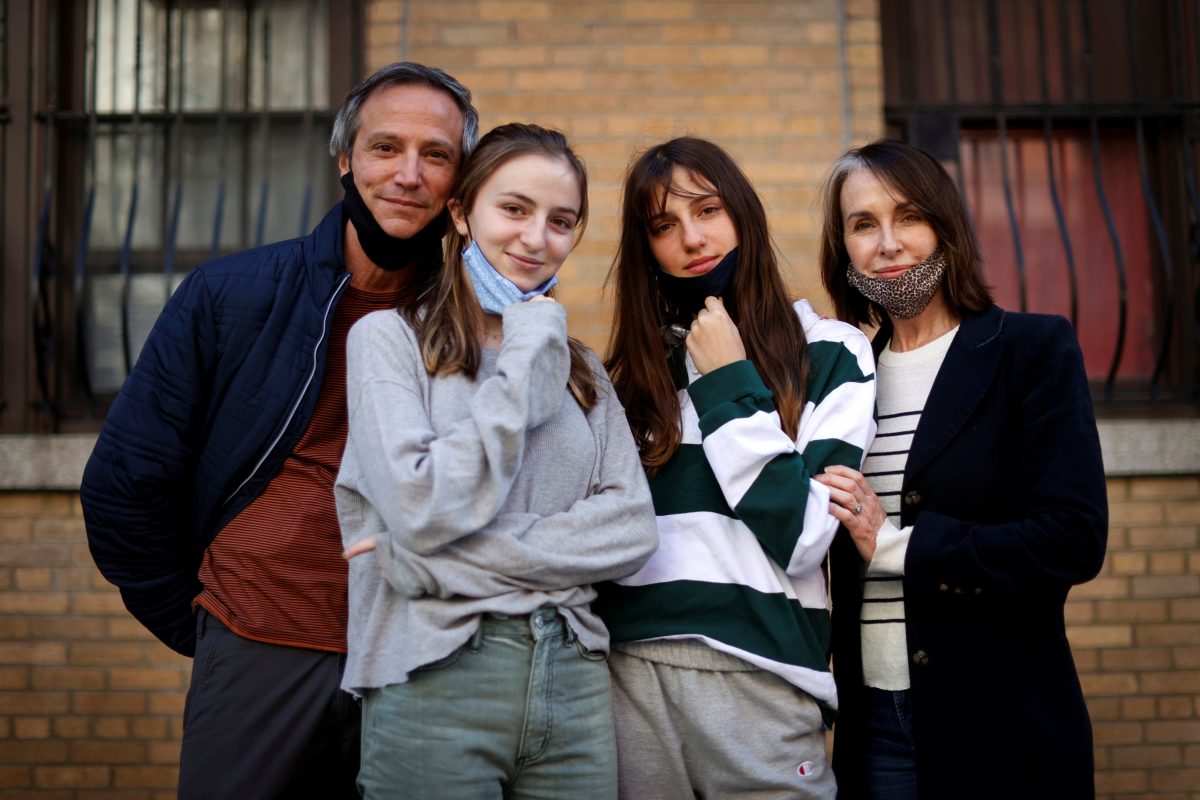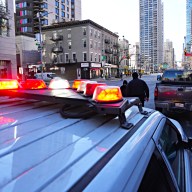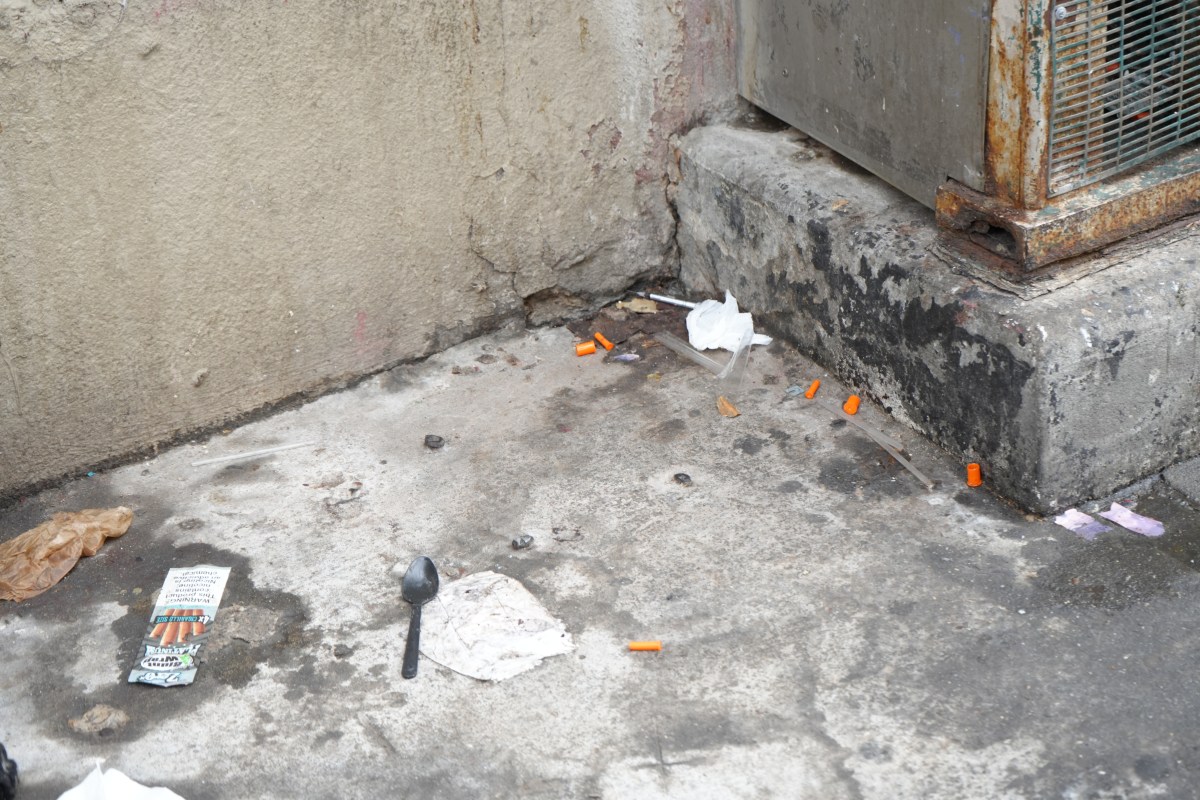BY JONATHAN ALLEN
After a week or so sick in bed in their New York City apartment in March, members of the Johnson-Baruch family were convinced they had been stricken by the novel coronavirus. Subsequent test results left them with more questions than answers.
Tests both for the virus itself and for the antibodies the immune system produces to fight the infection are becoming more widely available, but they are not perfect. The tests can come back with false positives, false negatives or confoundingly ambiguous results. Doctors cannot always offer definitive explanations.
For Maree Johnson-Baruch, her husband, Jason Baruch, and their two teenage daughters, their experience ran the gamut.
They all became sick around the same time with the same symptoms. But each set of tests they subsequently took, whether for antibodies or the virus, came back with conflicting results among family members – some positive some negative. Eventually, after several weeks and additional tests, they were able to confirm that all four had indeed been infected.
“I feel a little bit like a science experiment,” Johnson-Baruch said. “But no one really knows how this virus is behaving.”
Widespread testing is touted by many policymakers and public health experts as a central tool for reopening closed economies and for tamping down any future outbreaks of the virus. But these public health experts have said that the limitations of tests must be factored in, and that there must be time for more research into the degree that antibodies, for example, confer immunity against future infection.
Johnson-Baruch, an actress, began to feel ill shortly after she finished her final performance in the pivotal supporting role of Madame Giry in the Broadway musical “The Phantom of the Opera.” It was a Thursday matinee on March 12, the day New York City began closing non-essential businesses to try to slow the spread of the virus.
Over the weekend she had occasional aches but thought she was just imagining symptoms. By Monday, she had a fever. One by one, her husband and daughters fell sick over the following week. Johnson-Baruch noticed she could not smell the pine-scented disinfectant she was using to clean the family’s apartment.
The family called the New York State Department of Health’s coronavirus hotline. The federal government had botched the rollout of test kits, which then remained scarce – and limited in New York mostly to only those sick enough to require hospitalization. The family followed the advice to recuperate at home and by April everyone felt recovered.
Soon after, Johnson-Baruch read about a new experimental therapy at Manhattan’s Mount Sinai Hospital in which the antibody-rich blood plasma of patients who have recovered from COVID-19, the respiratory disease caused by the virus, is donated to people hospitalized with the illness.
In late April, she and her husband put on face masks and went to the hospital, where healthcare workers decked in protective gear drew blood.
“The strange thing was I tested positive and Jason tested negative,” Johnson-Baruch said.
Such disparities do not surprise Dr. Ania Wajnberg, who oversees Mount Sinai’s antibody testing efforts.
The antibody test developed at Mount Sinai fails to detect antibodies in about 6% of patients who actually have them. The intensity and recentness of the original infection can also affect whether antibodies are detected, Wajnberg said.
“I do think sometimes the results are surprising to people,” Wajnberg said. “And, more than anything, I get tons of questions about what the results mean, and we don’t know exactly what they mean.”
Although antibodies are thought to be likely to provide at least some immunity for some period of time, it remains the subject of study.
“Overall, everyone understands that this is so new and that they are sort of participating in the learning process,” Wajnberg said.
‘WE WERE SURPRISED’
About six weeks after calling the state health department, Johnson-Baruch heard back from an official saying the family could finally get a test for the actual virus that works by looking for distinctive parts of the pathogen’s genetic material, RNA, in a patient’s sample.
“We were well over a month out of our symptoms by that point, so we were surprised to get the call from them sort of out of the blue,” Johnson-Baruch said.
Johnson-Baruch noticed her eldest daughter particularly squirmed when healthcare workers stuck swabs, one by one, deep into the back of their noses.
Once again, the results surprised them. Johnson-Baruch, her husband and their youngest daughter all tested positive. Their eldest daughter tested negative.
What did it mean, the family wondered. Were they still in some sense sick? Could they still infect others?
A health department official who called to relay the results was not much help. “She was quite surprised to hear we were sick six weeks ago,” Johnson-Baruch said.
The tests used by the health department “cannot distinguish between RNA from live or dead virus,” Jonah Bruno, a department spokesman, wrote in an email. “This persistent positive test result can continue long after a person has recovered and does not necessarily indicate that a person continues to be infectious.”
Some 60 different RNA or antibody tests are now available after under emergency use authorization by the U.S. Food and Drug Administration, but the makers of those tests must continue to submit accuracy data to the regulatory agency before final approval is given.
Dr. Danielle Ompad, an epidemiologist at New York University’s School of Global Public Health, said it was challenging to get the general public to accept the limitations of tests.
“People are way more comfortable with ‘yes’ or ‘no’ than ‘maybe,'” Ompad said. “Unfortunately, that’s where the science has us right now: we just don’t know, and it’s much better to say that we don’t know than to try to make predictions without having the data there because that can be detrimental.”
The Johnson-Baruch family members are not quite done with testing. The daughter who had negative virus results has since tested positive for antibodies for the virus after going to a walk-in clinic. Such facilities made testing more widely available this month.
Jason Baruch, a lawyer for Broadway theaters, is also seeking a second antibody test, this time hoping it comes back positive. A positive test would offer some comfort that he may have some level of immunity.
“No one’s really willing to put themselves on the line and say, ‘Hey, you’re home free, you have antibodies,’ or, ‘You’re still contagious,'” Baruch said. “No one really wants to tell us – definitively – anything.”
Read more: Valentine’s Day Tips for Scoring a Last-Minute Date


































